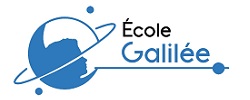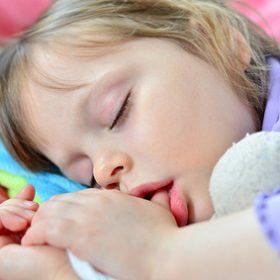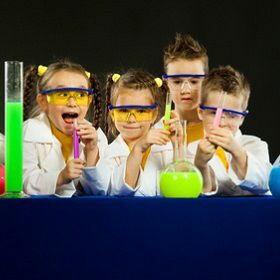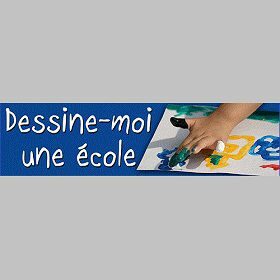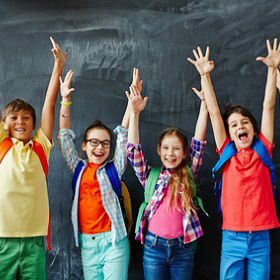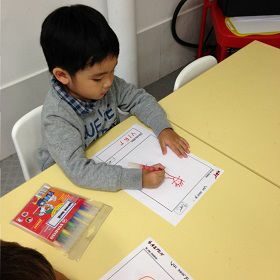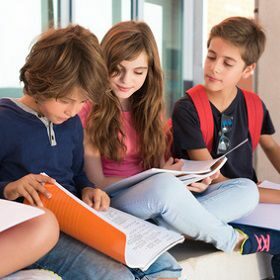Primary class groups
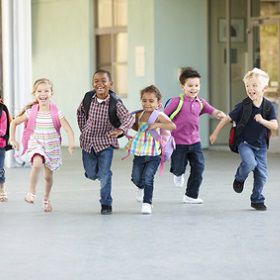
The primary school is composed of five class groups, in accordance with the National Education program, which Galilée bilingual school has decided to enrich with a bilingual program from CP level (6 year class group) to CM2 level (10 year class group).
Class groups shall not exceed fifteen students.
Students shall actively participate: learning is not just about listening, it is also about "doing", in all their lessons in French as well as during the eight weekly hours of English lessons.
Educational principles
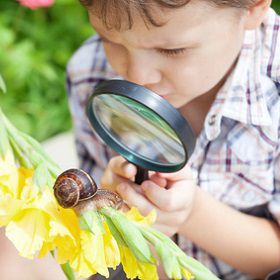
Learning, indeed, involves experimentation: the implementation of projects allows the foundation of learning on concrete concepts, giving meaning to knowledge.
Similarly, collaboration among students is emphasized: during collective projects, they must learn to cooperate for success. Those more advanced in certain areas help their peers. For the involved child, it is a means of experimenting, reviewing acquired knowledge, and gaining recognition within their class. For other children, it is an additional opportunity to learn to trust others, allow them to express themselves, and learn how to learn.
Children study from traditional textbooks but also from individualized sheets created specifically for each child by the teachers.
English learning occurs for one hour per day with a certified, native language teacher who also teaches World Discovery, in English, for one hour per week.
The children have three hours of sports per week in English, supervised by a certified teacher who is also a native English speaker.
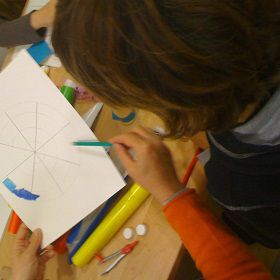
A prominent place is also given to teaching Art (History of Art and hands-on practice of Visual Arts) with a certified teacher.
Every school day begins with a time dedicated to discussion, allowing every child to express himself and to listen to others, and question himself.
This time allows the start of new class projects or personal assignments (on topics calling for various knowledge in different areas), thus helping students to gain self confidence.
Those discussion times are usually built upon the philosophical questions of the children (“what is friendship?”, “why do we get old?”, “how big is the universe?”), and follow the principles of Non violent communication, a communication process created by the psychologist Marshall Rosenberg in order to “facilitate relationships between people”.
During the day, work can be individual, or organized in small groups, which allows each student to progress at his own pace.
A High-Performing Bilingual School in Paris
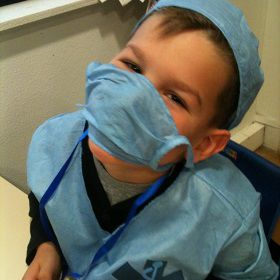
The open teaching approach, organized in leveled groups, involves an evaluation practice different from the traditional system.
Evaluations are meant to encourage the student in their progress and help them develop confidence.
An initial assessment takes place at the children's enrollment: it detects any gaps or deficiencies in their knowledge, places them in the appropriate class level, and provides a foundation for the teacher to construct their personalized work plan.
Throughout the five academic periods, teachers then conduct regular knowledge assessments.
To adhere to the National Education curriculum and facilitate the student's potential return to the traditional system, evaluations are based on quarterly reports. These reports are provided to parents for informational and record-keeping purposes and can be requested in public schools.
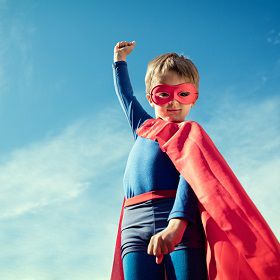
For the student, the evaluation is based on learning objectives. Students may refer to those evaluations so that they can find out in which areas they should concentrate their efforts. Those assessments are both written and oral. They are particularly important for children diagnosed with SLI, DCD or any other learning disability.
Since there is no ranking of the students, this relationship to the assessment is different than the one in conventional institutions. The student does not compare his results to the one of the others but challenges himself and focuses on his own objectives. He learns to reflect on his own work. This allows the student to embrace and welcome the assessment results in a positive manner, as for certain students in the conventional institutions, these come as a painful and frightening experience.
Students also take the Cambridge English Examination, in which Galilée School has a record of a 100% success rate since 2010, from the Starters Level to the KET exam level.
Physical education and sports
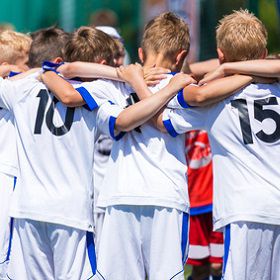
Students have three to four hours per week of Physical Education, depending on the cycles. They train at the Hébert stadium. Classes are taught in English by a native certified teacher.
According to the official guidelines, Physical Education is aiming to improve the physical capacities, motor development and physiological fitness thanks to sport and artistic activities. It also allows the student to master his social and physical environment by improving social and motor development (ergomotricity). It contributes in a large way to transform the motor skills of the children. While addressing their needs and will to exercise and play, it develops their sense of effort and perseverance. Children get to know themselves and the others better. They also learn how to keep fit and healthy.
In primary school, Physical Education continues and develops the program started in Nursery section: it aims at developing motor skills and practising various physical, sport and artistic activities. It contributes to the children's education about health and their body, safety and taking risks in a controlled manner. It teaches responsibility and autonomy and respect of moral and social values to the students (respecting rules, respecting oneself and the others).
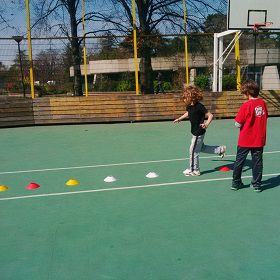
The activities practiced include:
- Athletic activities: running fast, running long distances, running over obstacles, relay races, long jump, high jump, throwing
- Achieving a measured performance (in distance, in time)
- Cooperating or opposing individually or collectively: wrestling games or racket games
- Team sports (handball, basketball, football, rugby, volleyball): cooperating with teammates to collectively face opponents while respecting rules and assuming different roles (attacker, defender, referee)
- Gymnastic activity: constructing and performing a sequence of four or five "acrobatic" elements on various apparatus (bar, mats, trampoline).
